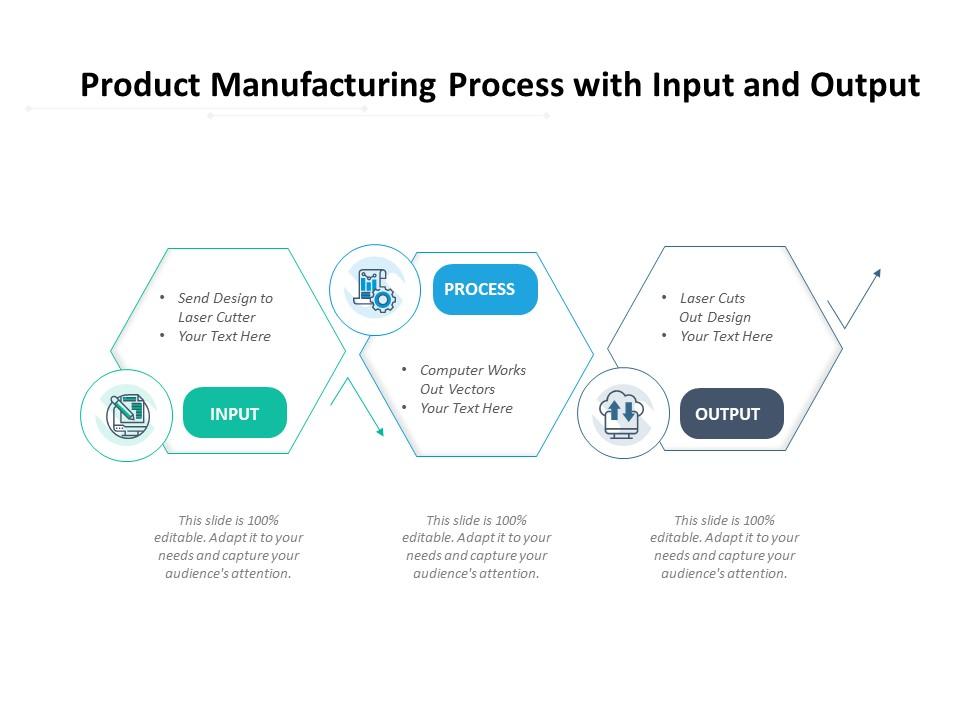The Eco-Friendly Shift: Advanced Production Hubs Embracing Green Architectural Principles

While society keeps struggling with ecological issues, sectors are rethinking how they approach to production and creativity. This idea of intelligent manufacturing has emerged as a beacon of hope, combining state-of-the-art technology alongside a dedication to eco-friendliness. These contemporary manufacturing environments are not just centered around efficiency and productivity; they are also embedding environmental responsibility into the core of product design and creation.
Smart factories employ advanced technologies such as automation, the Internet of Things, and data analytics for optimizing processes and reduce excess. Through the integration of sustainable practices into the design process, these facilities are at the forefront toward a greener future. This shift not only minimizes the ecological footprint of production but further drives a fresh benchmark in the industry, where the pursuit of profits is aligned alongside the imperative of protecting our planet.
Innovative Materials for Sustainable Manufacturing
The rise of green design in advanced factories has led to a transition towards novel materials that lessen environmental impact while upholding product quality. Manufacturers are progressively turning to bio-based materials, such as biodegradable plastics derived from plants, which offer reduced carbon footprints compared to classic petroleum-based plastics. These materials not only reduce reliance on fossil fuels but also often provide superior properties like biodegradability, making them attractive options for modern product design.
Another important development is the use of upcycled materials in production processes. Factories are now incorporating reprocessed metals, glass, and textiles into their processes. This strategy not only diverts waste from dump sites but also lowers the energy and resources needed to create virgin materials. By employing recycled content, companies can design products that reflect circular economy principles, fostering sustainability while still meeting consumer demands for high-quality goods.
Smart factories are also exploring the possibilities of nanomaterials that enhance product performance and reduce resource usage. These cutting-edge materials can enhance efficiency in manufacturing processes and the functionality of end products. For instance, reduced-weight nanocomposites can lower the weight of components, leading to lower energy consumption during transportation and usage. By adopting such innovations, manufacturers are not just adopting sustainability but are also setting the path for the next generation of eco-friendly and eco-conscious production.
Automating Processes and Productivity in Smart Factories
The adoption of automated systems in smart factories has transformed the manufacturing landscape, significantly enhancing efficiency and output. By leveraging cutting-edge automation technology and artificial intelligence, these facilities can optimize their workflows, cutting lead times and minimizing errors. This streamlined approach allows manufacturers to respond quickly to changing market demands while maintaining high-quality criteria in their product design.
In addition, automation provides a crucial role in managing resources, enabling these facilities to monitor and manage energy use, waste generation, and raw material consumption in the moment. This precision not only helps in lowering operational expenses but also contributes with sustainability goals by reducing the carbon footprint of production methods. The capability to collect and assess data facilitates informed choices that contribute to more sustainable product development and manufacturing practices.
Ultimately, the combination of automated technologies and eco-friendliness in smart factories leads to a process of continuous improvement. As these factories adopt more innovative technologies, they become more skilled at integrating sustainable materials and practices into their product design. This forward-thinking approach not only advances manufacturers but also meets the growing consumer demand for environmentally friendly products, placing smart factories at the forefront of the green revolution.
The Future of Eco-Friendly Product Design
As intelligent factories implement new technology, the future of eco-friendly product design appears encouraging. With the integration of AI and data analytics, these factories can enhance resource usage and minimize waste. This development means that manufacturers are not only focused on efficiency but also on sustainability, embracing principles that ensure products are designed with the entire lifecycle in mind. Future designs will highlight renewable materials and recyclable components, showing a shift towards a circular economy.
Partnership between designers and engineers will have a critical role in achieving sustainable outcomes. By bringing together multidisciplinary teams from the outset, smart factories can develop products that align with both aesthetic values and environmental considerations. Sustainable design will no longer be an after consideration; rather be front and center in the product development procedure. This collaborative approach encourages innovation, where new materials and technologies are explored to meet eco-friendly standards without sacrificing on quality or performance.

Consumer demand for sustainable products will further drive changes in manufacturing paradigms. As awareness of sustainability issues grows, customers will search for brands that focus on eco-friendly practices. Smart factories will react by evolving their product lines to feature sustainable options that attract this conscientious market. In doing so, they will not only enhance their market competitiveness but also contribute favorably to environmental conservation efforts, ultimately reshaping the landscape of product design and manufacturing for generations to come.
